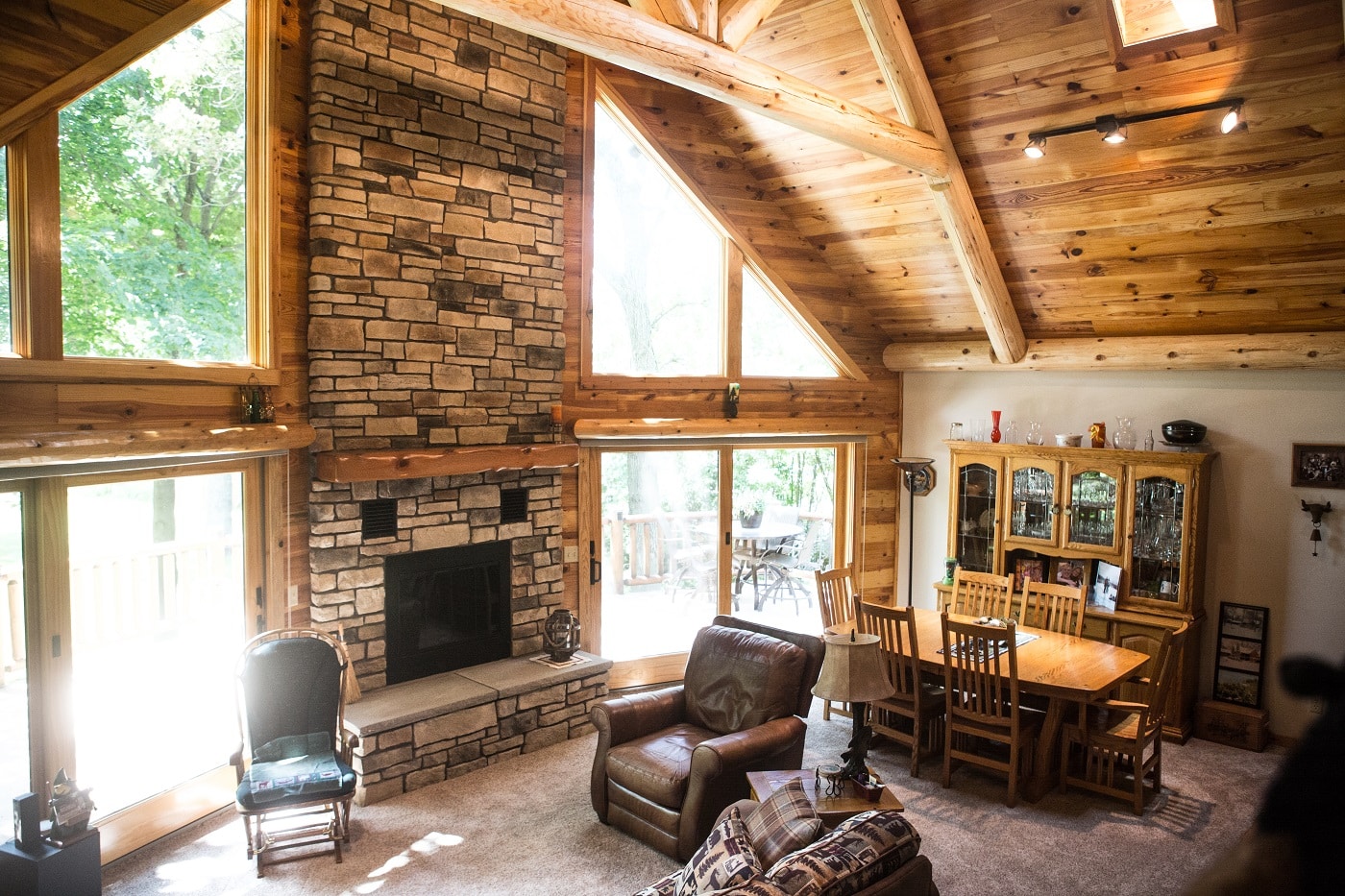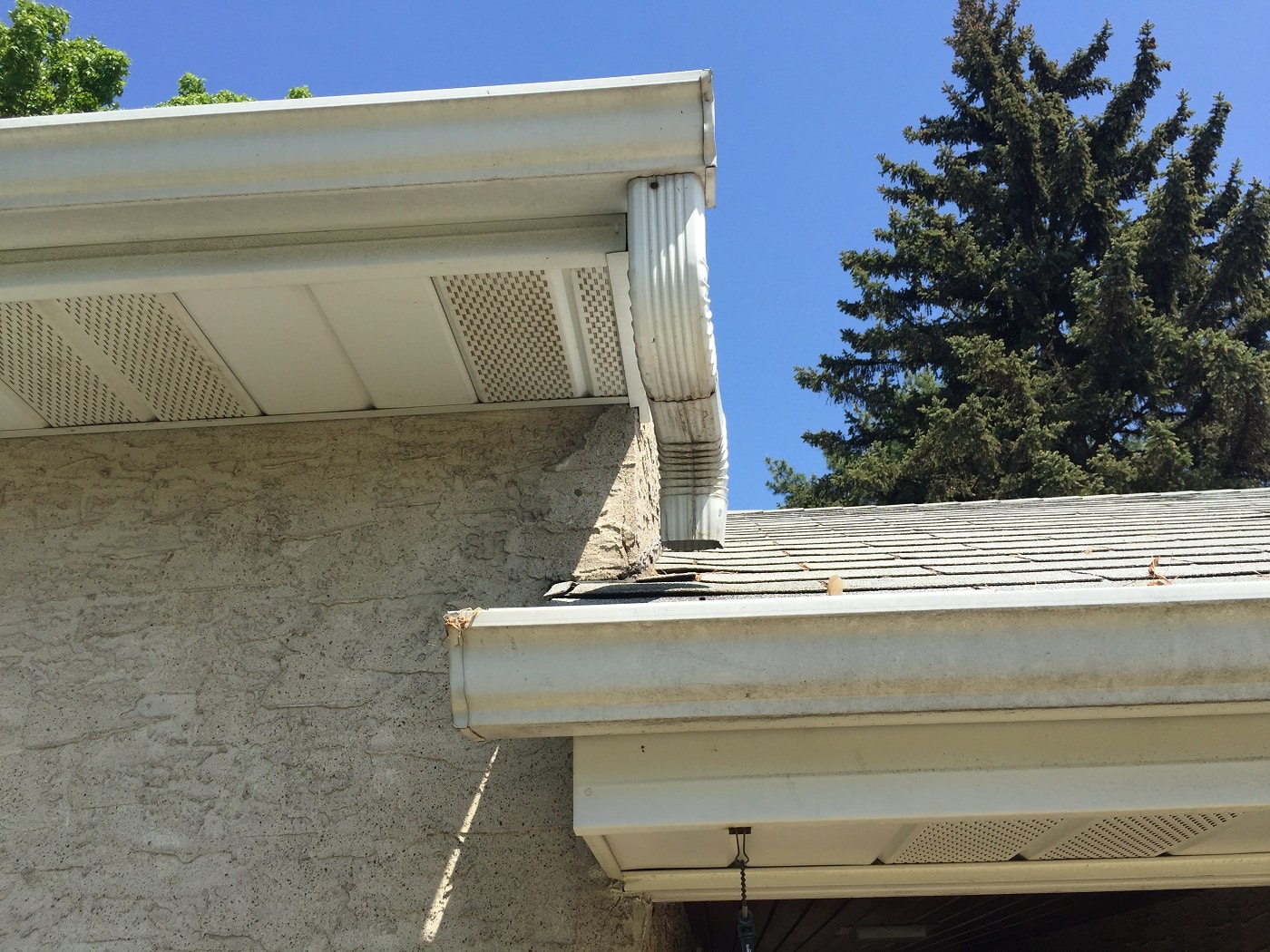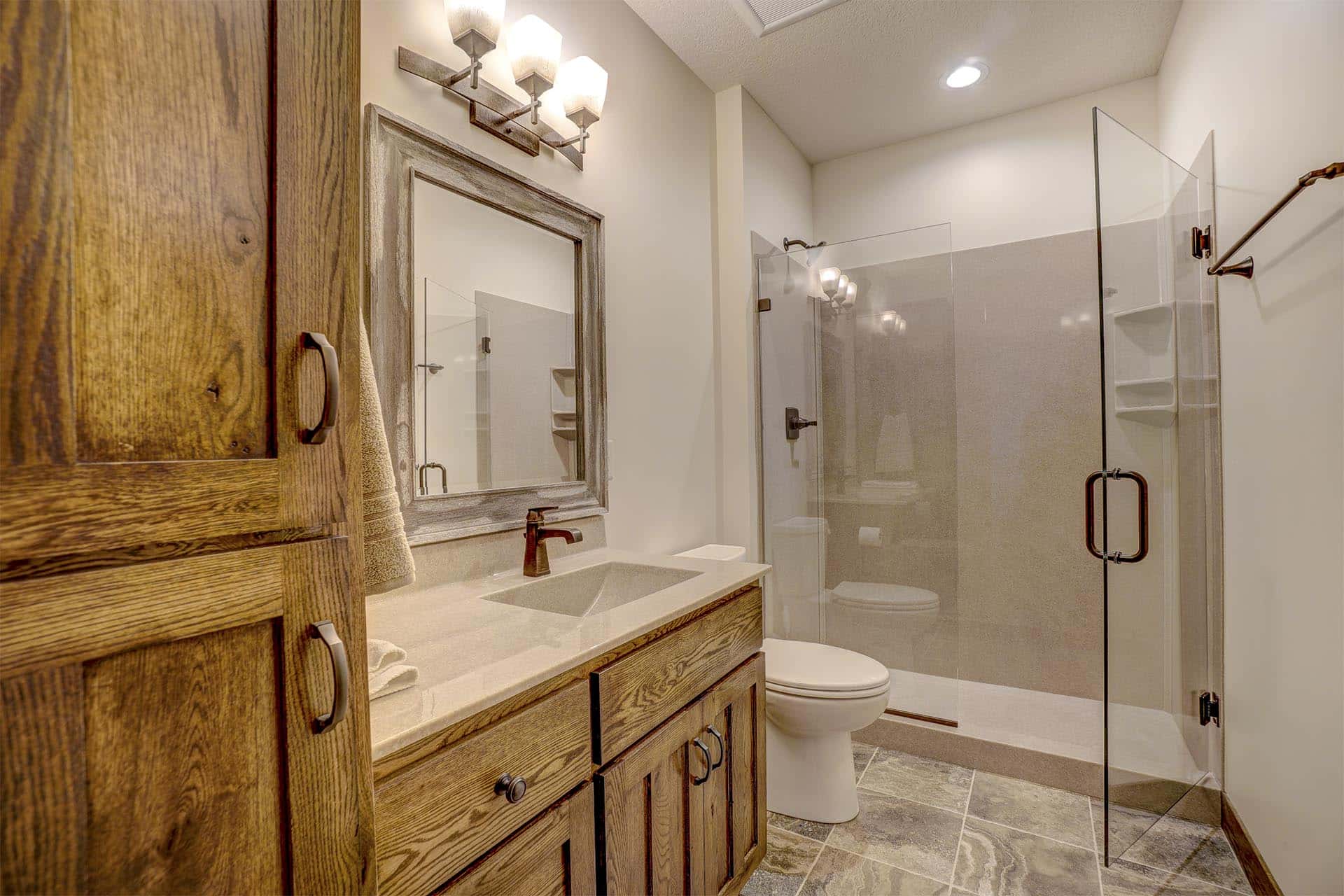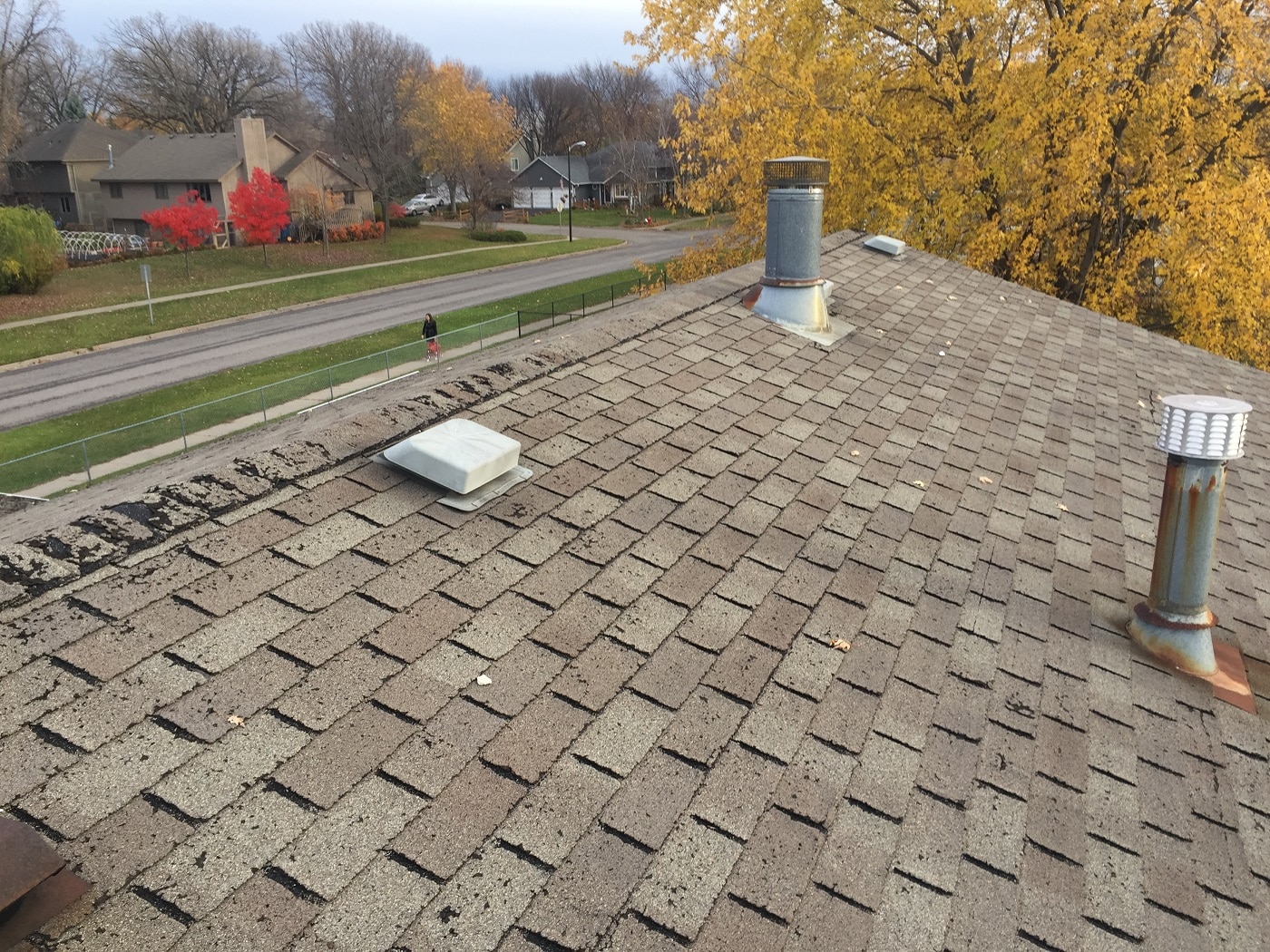Areas to Inspect Before Purchasing a New Home
Some new homeowners have had to learn the hard way that there are some very important things to check before signing papers on a new home. Avoiding costly repairs upon first moving in is essential. Don’t assume that a newer home is problem-free.
Here are the areas that require a thorough inspection prior to purchase.
Fireplace
If your home has a fireplace or wood burning stove, be sure to inspect it. You want to examine the masonry on the chimney and check the mortar between the bricks and stone to make sure it is intact. Shine a flashlight down the chimney to look for mortar crumbling. Look for dented or rusted metal or missing screws at any joints. If you notice an accumulation of creosote it can cause dangerous chimney fires and must be removed immediately.

Structure
The structure of your potential home will tell you a lot about the quality in which it was built. Check the floors by walking around in your stocking feet to feel for sags and slopes. You don’t want to feel excessive sag or notice that the floor slopes towards a wall. Check the ceiling for any cracks. This can indicate movement from the floor above or wall where the ceiling intersects.
Even a small crack can grow causing structural problems. Door frames should be square and should not have cracks running diagonally to the ceiling. When inspecting the exterior walls, be sure that none of the walls are out of plumb and any cracks on the interior are not showing up on the outside of the wall.
Water Control
When looking at a new home, pay special attention to the grade of the lot. The home should be at the highest point on the lot with the ground sloping away from it. Do the gutters, downspouts and drainage pipes carry excess water away from the home? Check for water stains along the wall and the floors. If you smell a musty or damp smell, there is most likely an issue with water drainage. If there is flaking or peeling on any concrete, brick or stone in the home that indicates water getting into the surface and you should be alarmed. If the yard has sprinklers, are they working properly or are there broken heads or a possible leak?

Plumbing
The plumbing of your potential home should never be overlooked. Find out if there are any lead pipes in the home. If the home was built before 1986, it may have lead or galvanized plumbing. If you have children, you may not want to live in a home that has lead pipes. Your water pressure is determined by the size of the water pipes. If you prefer adequate water pressure, like most of us, you want the lines to be ¾ of an inch to one inch from the main water source and the diameter should be at least ½ an inch.
Make sure that the water heater is big enough to accommodate your needs depending on your family size. If you have a family of 4 you should have at least a 40 gallon tank. If the water heater has signs of corrosion or the buildup of mineral deposits it could mean the tank has a short life to live. Check all of the kitchen and bathroom faucets for leaks and drips. Don’t forget to check underneath the sinks as well for leaking pipes. Flush every toilet in the home to ensure they refill correctly.
Lastly, turn on the shower in the room farthest from the home’s water source and evaluate the temperature and water pressure. Ask questions about the sewer system and whether it is connected to a municipal sewer system or a septic tank. Look for signs of seepage and odors if there is a septic tank. Septic tanks can be very expensive to repair so having this fixed prior to closing will say your potentially thousands of dollars.

Roof
Having to repair your roof after buying a new home can be very costly. Your roof protects your home from so many weather elements that you want to make sure it is performing to the best of its ability. Leaking in the attic after rain or an ice dam forming could mean it has inadequate shingle underlayment and deteriorating flashing.
Having to install a new furnace or ductwork can quickly become expensive. Whether it is blistering hot out or extremely cold, it is imperative to test each heating and cooling system on your potential new home. The ducts of your HVAC system are like the veins running throughout your body. They carry heated and cooled air to different rooms of the home. If your ductwork is shoddy at best, your energy costs will rise and the system will also not operate efficiently. Inadequate ventilation in your home can lead to allergies, moisture and other problems.

HVAC
Having to install a new furnace or ductwork can quickly become expensive. Whether it is blistering hot out or extremely cold, it is imperative to test each heating and cooling system on your potential new home. The ducts of your HVAC system are like the veins running throughout your body. They carry heated and cooled air to different rooms of the home. If your ductwork is shoddy at best, your energy costs will rise and the system will also not operate efficiently. Inadequate ventilation in your home can lead to allergies, moisture and other problems.
Electrical Systems
The wiring of your home should be grounded and in good working order before purchasing a home. Outlets should be inspected to make sure that they have a ground and don’t have any cracks or other defects. They should have proper tension to hold cords that are plugged in and that they are the proper type for that area of the home. Any areas that could get wet or damp such as bathrooms, kitchens, basements, garages or outdoor outlets are required to have a ground fault circuit interrupter (GFCI) installed.
For more information about our home improvement services, contact us today. Our team of professionals is ready to serve you.
